Have you ever looked at a word and thought ‘I’m sure I’ve seen this word spelt a different way before’? You’re not alone. The purpose of this post is to point out some differences between Australian and American English so you know which way is the right way in your country!
This post is kind of a foundation post because I will be referring back to it in future posts so keep your eyes peeled. Now, I’m not here to give you a history lesson on why these spelling variations exist and how they came about, or who changed the spellings in the first place; nor am I here to tell you which spellings I prefer. The purpose of this post is to simply inform you of the differences so that you realise which ones are correct in Australian English and American English. Or should I say realize? Let’s dive in…
Contents:
- -or endings
- -ize and -yze endings
- -er endings
- -se and -ce endings
- Words with a single L
- Words using -e instead of -ae or -oe
- -ogue vs -og
- Other differences
-or endings
The two most common Americanized words are the words Color and Favorite. How many of you at one stage owned a Game Boy Color? I know I did! And I first saw the word Favorites from the days when Internet Explorer was the only web browser available.
Now, of course, in Australian English we would add a U in these two words to make Colour and Favourite.
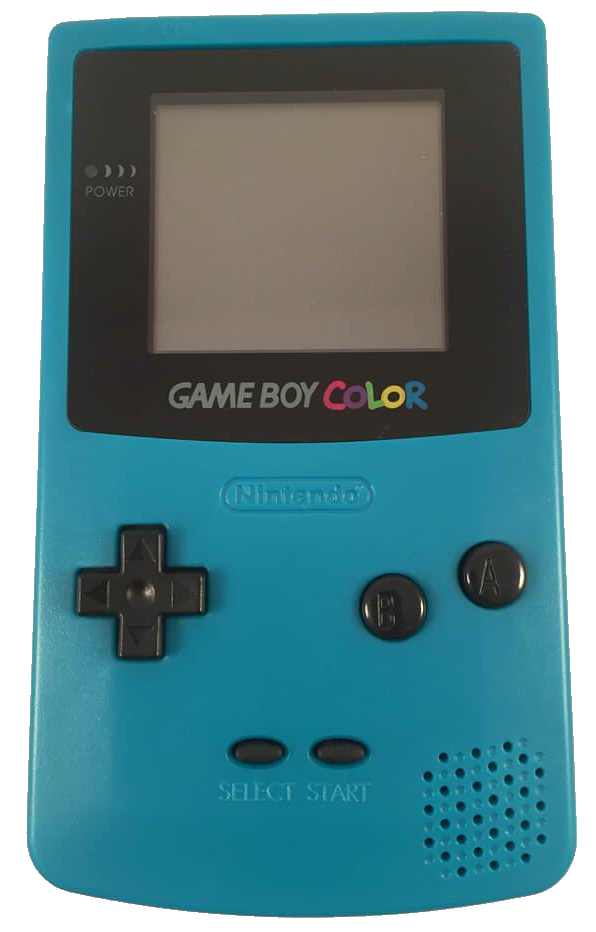
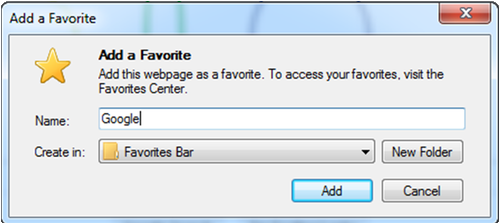
Other words that use the -or ending:
- honor
- humor
- neighbor
- labor
- behavior
- flavor
- rumor
- parlor
- armor
- endeavor
- odor
- savor
- vapor
- glamor
In Australian English, we spell all of these words with -our at the end: honour, humour, neighbour, etc.
Now, watch out for gotchas here! Even though we spell honour with the u, and honourable, and honourably, the word honorary doesn’t have the u in it! The same with humorous even though humour has the u! Lastly, glamorous, even though glamour has the u. Go ahead and try it. Type glamourous and you’ll get a red underline.
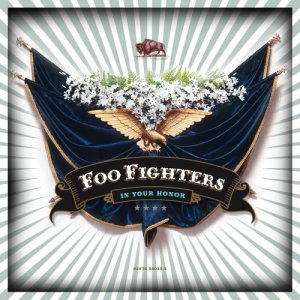
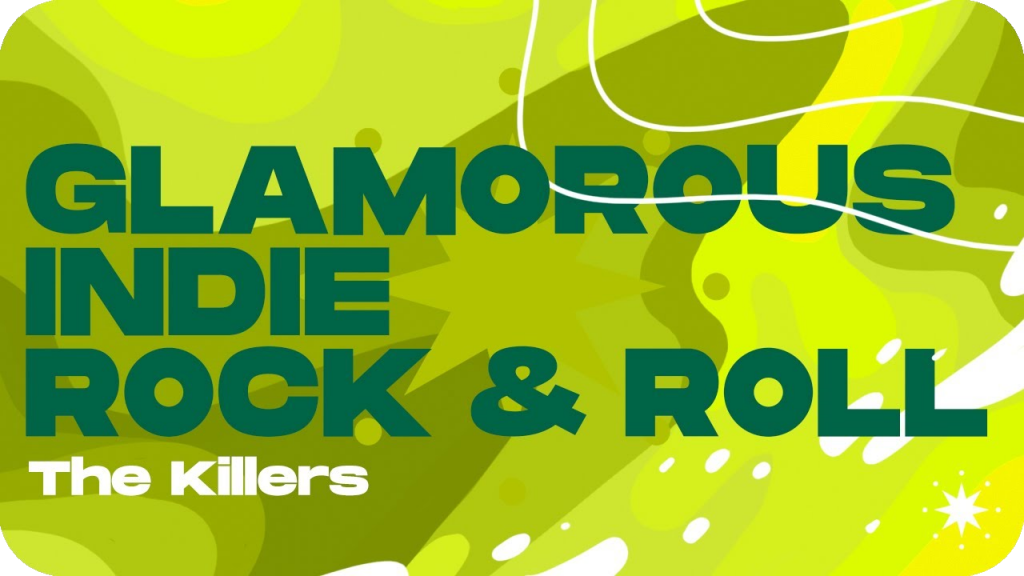
Labor is somewhat of an exception. If you’re referring to labour as in work, or maybe the work a mother has to do when having a baby, then yes, Australian English uses the u. However, if you’re referring to the Labor political party, there’s no u. What about the public holiday Labour Day? Well, that’s related to work so you’re good to keep the u with that one. There is one more form of labour that drops the u though and it’s the word laborious. There is a pronunciation change as well with this one though so it’s easy to remember. You don’t pronounce it labourious.
Other exceptions would be brand names, e.g. Colorbond. By dropping the u, you’re recognising that it’s an American company. Same with Game Boy Color, above.
Phew! That was a lot of exceptions! Okay, let’s hope the next one is easy going.
-ize and -yze endings
Here are some words that use the -ize ending.
- realize
- criticize
- authorize
- apologize
- emphasize
- organize
- recognize
- customize
Some of these form other words, e.g. realization, authorization, organization, customization, and customizable.
Of course, in Australian English, all of these end in -ise, e.g. realise, authorise, organise, etc. Same with their altered words: realisation, organisation, customisable, etc.
How could anyone make a word out of these lousy letters?
Homer Simpson
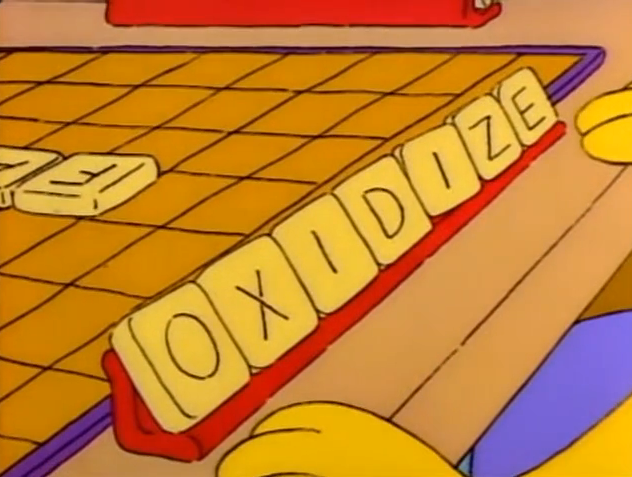
Very similarly, there are two words which end in -yze:
- analyze
- paralyze
Which of course in Australian English are:
- analyse
- paralyse
I purposely didn’t give you that many -ize words cause there are heaps more in this song by The Strokes called Ize of the World!!
-er endings
Words ending in -er (a lot of these are measurements):
- meter
- centimeter
- millimeter
- kilometer
- center
- theater
- liter
- fiber
- caliber
- specter
As you know, all of these are spelt with an -re at the end instead in Australian English: metre, centre, theatre, fibre, etc.
Be wary of meter though. Although we may not use this one as a unit of measurement, there’s the other form of meter, e.g. water meter, gas meter, parking meter. Taxi drivers use a meter to calculate the fare. So if ever you see meter used as unit of measurement, you know it’s an American spelling.
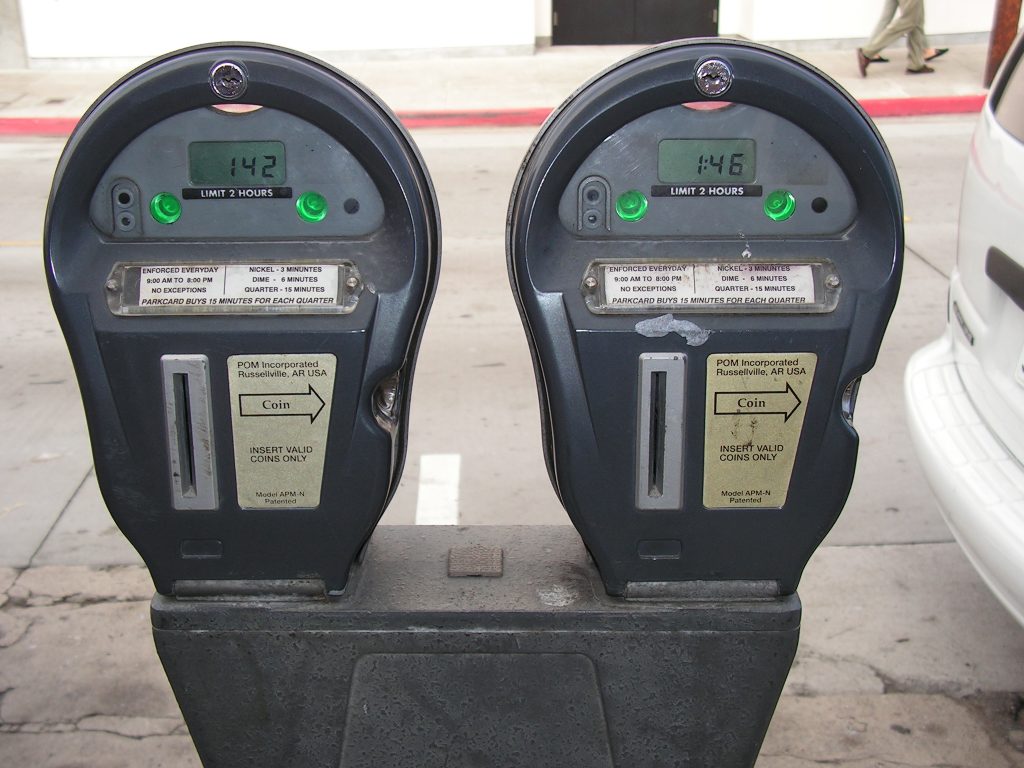
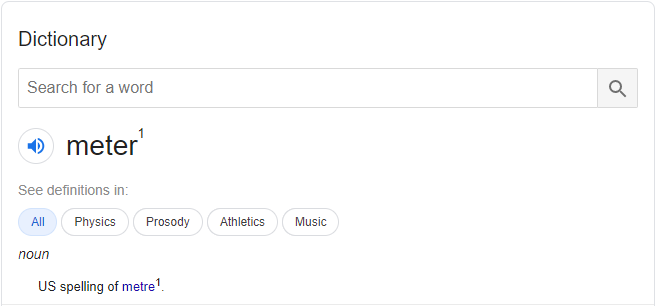
-se and -ce endings
- license
- practice
- offense
- defense
In Australian English, those last two are spelt with a ce at the end: offence, defence.
Now, you’ll notice all of the above end in -se except for practice. This one seems to be a little bit of a gotcha and is an exception to the rule for some reason. We are going to discuss license/licence and practice/practise in a future post so stay tuned! In a nutshell though, with Australian English, it depends on whether we are using these words as verbs or nouns. American English on the other hand, uses license and practice, regardless of how they’re being used.
Read about license/licence and practice/practise in Licence vs License, and other US spelling words.

Words with a single L
- jewelry
- counselor (and counseled and counseling)
- canceled (and canceling)
- traveled (and traveling and traveler)
- leveled (and leveled)
- marvelous
- dialed
- modeling (and modeled)
- fueling/refueling (and fueled and refueled)
In Australian English, all of these words are spelt with a double L: jewellery, counsellor, cancelled, marvellous, etc. Also note the dropping of the third E for jewellery as well.
Now, be aware of enrol or enroll as this one is a gotcha and a half! US English favours the double L for this one: enroll and enrollment, whereas Aus English uses the single L: enrol and enrolment.
Here’s the tricky part. The words enrolled and enrolling use the double L for both US and Aus English!
So it looks like US spelling has got one over Aus with this word as it’s double L regardless for all four words.
Similar thing with Cancellation:
US English:
Canceled and Canceling
Aus English:
Cancelled and Cancelling
US and Aus English:
Cancellation
Another word where US English favours the double L is Installment. Aus English favours the single L: Instalment. Note that the variants still have a double L though, e.g. install, installing, installation, etc.
Words using -e instead of -ae or -oe
There are a bunch of words which drop either the A or O when preceding an E. For this one I’m going to put the US version on the left and the Aus version on the right:
- anemia
- anesthethic
- cesarean
- leukemia
- paleontology
- pediatric
- pedophile
- diarrhea
- estrogen
- fetus
- maneuver
- anaemia
- anaesthetic
- caesarean
- leukaemia
- palaeontology
- paediatric
- paedophile
- diarrhoea
- oestrogen
- foetus
- manoeuvre
Note that last one, maneuver, in the left column, has a combination of dropping the O before the E, and also uses the -er ending as opposed to -re.
Not so interesting fact: My (Aus English) spellchecker underlines all of the ones on the left, with the exception of cesarean and fetus, but it underlines their Aus English counterparts on the right. So I guess my point is: don’t rely on your spellchecker!
Encyclopaedia is an interesting one. While this spelling would be Australian and US would be Encyclopedia, I think over time we’ve kinda accepted that dropping the a on this really isn’t that detrimental. So in Australian English, spell it how you want, but as always, be consistent! My preference would be to drop the a as well.
-ogue vs -og
This is a tricky one! Words ending in -ogue; the three main ones being dialogue, analogue, and catalogue.
In US English, all of these would drop the -ue: dialog, analog, catalog.
Is that all there is? Sadly, no…. Firstly, although dropping the ue is the standard in US English, it seems that some style guides across both localisations may prefer the ogue versions in certain scenarios. Dialogue for example refers to two or more characters in a play or film conversing, whereas dialog refers to computing, e.g. a dialog box.
Similarly, in Aus English, analog is used as an adjective:
- analog vs digital watches
- an analog TV signal
Whereas analogue is used as a noun, when comparing similar things:
- a crab’s claw may be an analogue to the human hand.
Luckily, this usage isn’t particularly common in our everyday language anyway.
In a nutshell, consult your style guide on which version to use as this one is not as clear-cut as others, above.
Other differences
Other spelling variations you should be aware of. Once again I’m going to use US on the left and Aus on the right:
- inquiry
- check
- gray
- tire
- curb
- pajamas
- licorice
- mold
- sulfate
- mustache
- whiskey
- barbecue
- airplane
- aluminum
- enquiry
- cheque
- grey
- tyre
- kerb
- pyjamas
- liquorice
- mould
- sulphate
- moustache
- whisky
- barbeque
- aeroplane
- aluminium
Actually, those last two are not necessarily spelling as Airplane is a whole different word and Aluminum has a different pronunciation since there’s no second I.
Once again, my spellcheck underlines most of the words on the left side, but not all, and underlines one word on the right. Again, don’t rely on spellcheck to pick up these spellings because it’s all about consistency. Either use Aus English or US English in your writing as using a combination of the two will no doubt confuse your readers.
And there you have it. These are the US spelling fundamentals, so, if ever you see something in packaging like this:
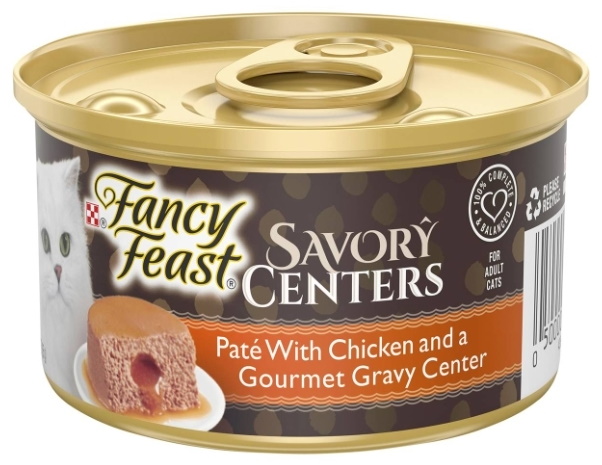
Well then you know there’s some sort of Americanization happening here.
Recap: Aus spelling would say Savoury Centres.
Don’t forget to check out my next blog post which will give you more info on some of these US English vs Aus English words! Licence vs License, and other US spelling words.
Let’s finish this off with a funny clip involving US spellings.
Back story: Balls of Steel was originally an English TV series and much like other TV shows have done in the past, they decided to film a few shows in the US, I guess to try and see how the same jokes work in different societies. The show also did an Australian version but it was nowhere near as good.
Note that the clip is slightly crude so if you’re not into that sort of humour then maybe don’t watch it.

